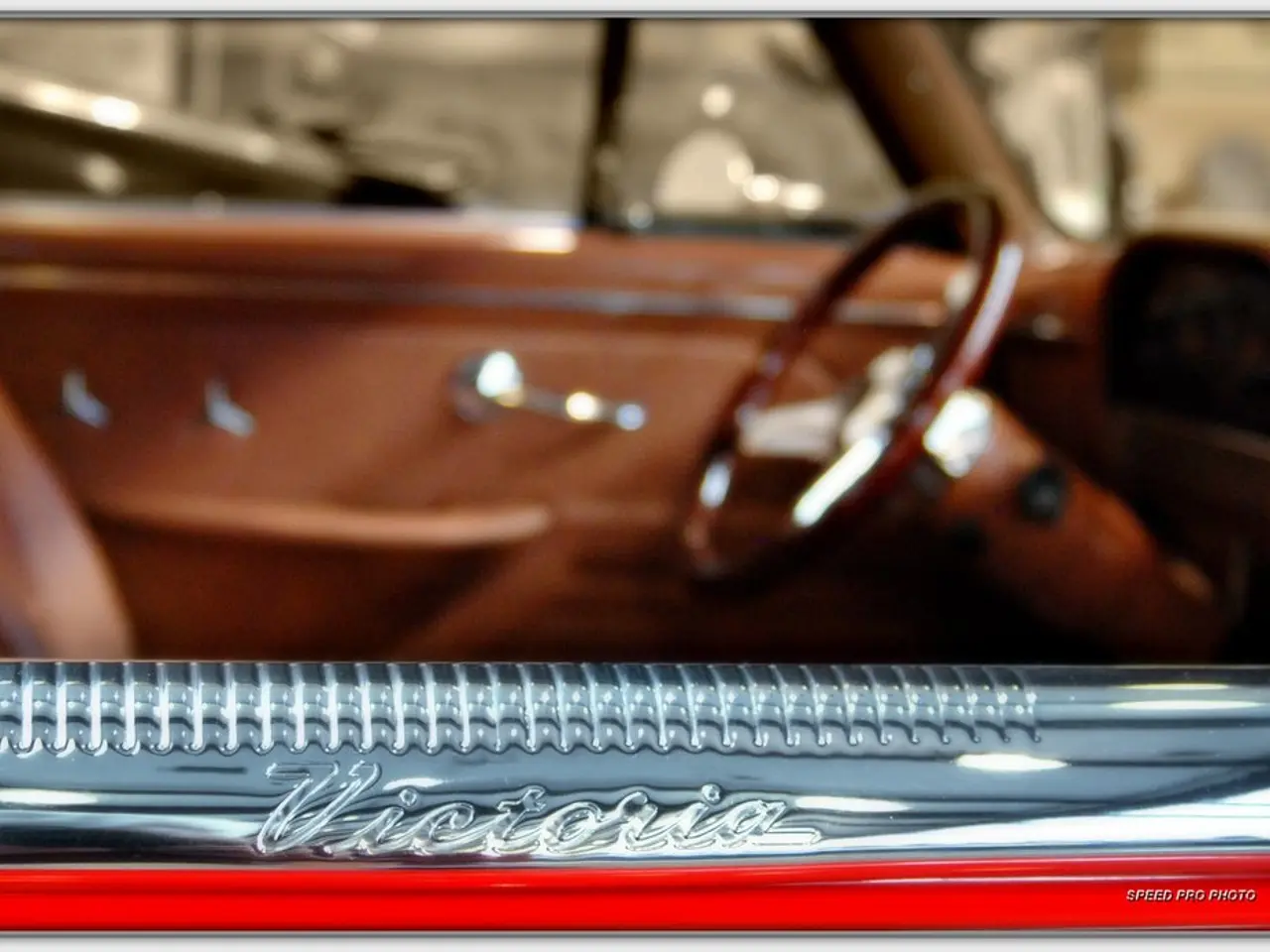Utah Vehicle Buying & Selling: Key Legal Steps for Smooth Transactions
When buying or selling a car in Utah, both parties should be aware of key legal requirements and best practices to ensure a smooth transaction. Understanding these guidelines can help protect both buyers and sellers from future disputes and legal issues.
Buyers in Utah should prioritize checking the car's condition, history, and accurate title and registration. Financing options are also crucial, especially for those with poor credit. Meanwhile, sellers must ensure a clear title transfer and proper documentation to avoid liability post-sale. Both parties should comply with Utah's legal requirements.
For private-party sales, the buyer pays sales tax upon titling and registration. The seller must provide the new owner with the signed title, current safety and emission certificate, and current registration certificate within 48 hours. The license plate should also be removed from the car after the sale. A bill of sale is important for both parties to keep.
Unless the car is 20 years old or older, Form TC-891 must be completed and signed by both buyer and seller. If a title is lost, both parties can replace it by completing Form TC-123.
By following these guidelines, buyers and sellers in Utah can ensure a smoother car transaction. Key steps include checking car condition and history, ensuring proper documentation, and complying with legal requirements. Keeping these points handy can help protect both parties and facilitate a successful sale.







